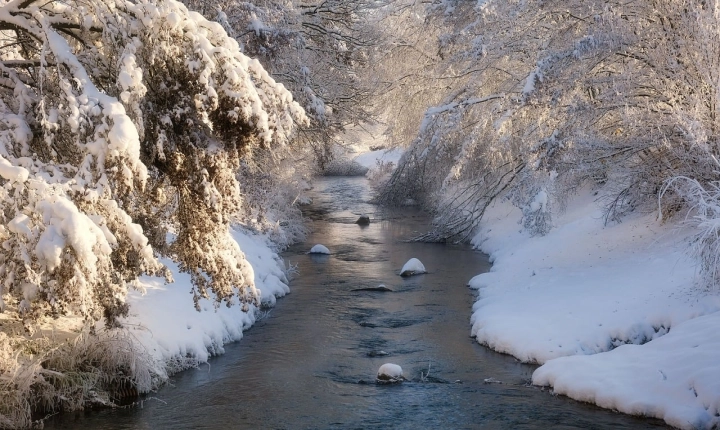Title: Can AI Replace Photographers?
In recent years, artificial intelligence has made significant strides in various fields, challenging the traditional roles of humans in many professions. With the advent of advanced AI technology, the question arises: Can AI replace photographers? Photography, once considered a uniquely human skill, is now facing the possibility of being automated by AI.
AI has already proven its ability to analyze and process visual data, leading to the development of advanced image recognition and editing algorithms. These technologies have the potential to revolutionize the field of photography, raising concerns about the future role of human photographers.
One of the primary ways in which AI could replace photographers is through automated image capture. AI-equipped cameras and drones have the capability to identify and capture visually appealing scenes, adjust camera settings, and even compose shots based on established aesthetic principles. This automation could greatly reduce the need for human intervention in the process of capturing high-quality images.
Moreover, AI-driven image editing software is advancing rapidly, enabling automated retouching, color correction, and even generating entirely new images based on a set of parameters. These capabilities could significantly reduce the reliance on human photographers for post-processing work.
Furthermore, AI algorithms have the potential to analyze large datasets of images to identify patterns and create predictive models for popular photography styles and trends. This could potentially give AI the ability to create images that cater to specific aesthetic preferences and market demands.
However, while AI technology is making great strides in automating various aspects of photography, there are elements of the craft that are deeply rooted in human creativity, emotion, and intuition. The ability to capture unique moments, convey emotions, and tell stories through images is a distinctive skill that remains difficult to replicate through algorithms.
Artistry, creativity, and the ability to connect with subjects are aspects of photography that touch on human experiences and emotions, qualities that are challenging for AI to emulate. Photographers bring their personal perspectives, emotions, and unique vision to their work, creating images that resonate with viewers on a deeper level.
Furthermore, the relationships that photographers often build with their clients, subjects, or the communities they work with cannot be replaced by AI. The human touch and understanding that come with building these relationships are integral to the art of photography.
In conclusion, while AI technology has the potential to automate certain aspects of photography, it is unlikely to fully replace the role of human photographers. The combination of technical skills, creativity, emotional intelligence, and the ability to connect with people and environments makes the practice of photography deeply human. AI can certainly complement and enhance the work of photographers, but the unique perspective and artistic sensibilities of human photographers are likely to remain an essential element of the craft. As the field continues to evolve, the relationship between AI and human photographers will likely continue to be one of collaboration rather than replacement.
